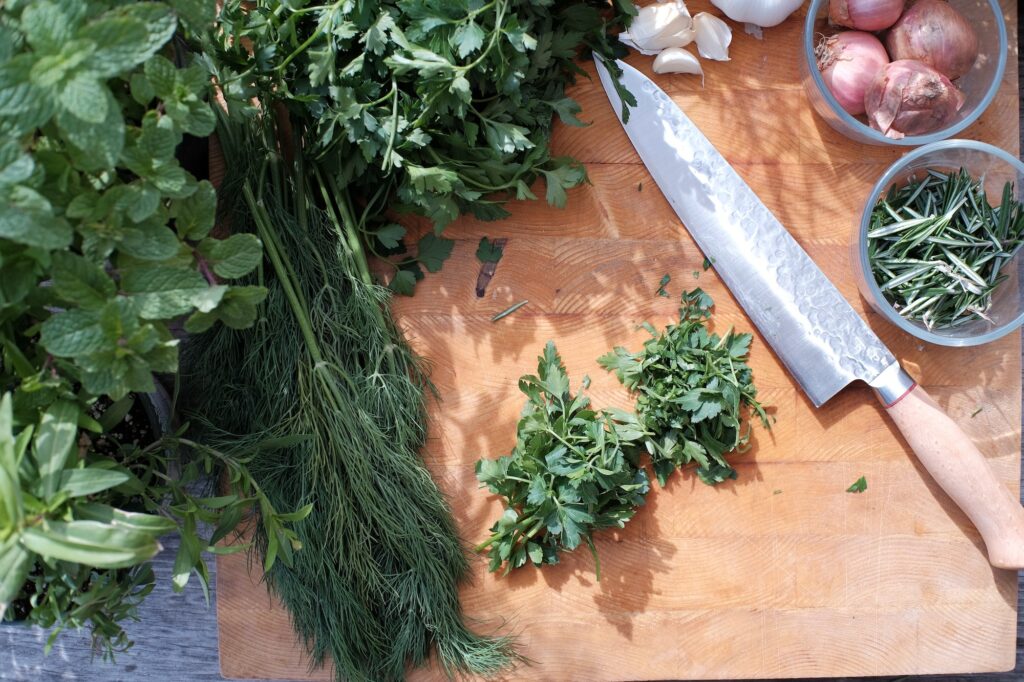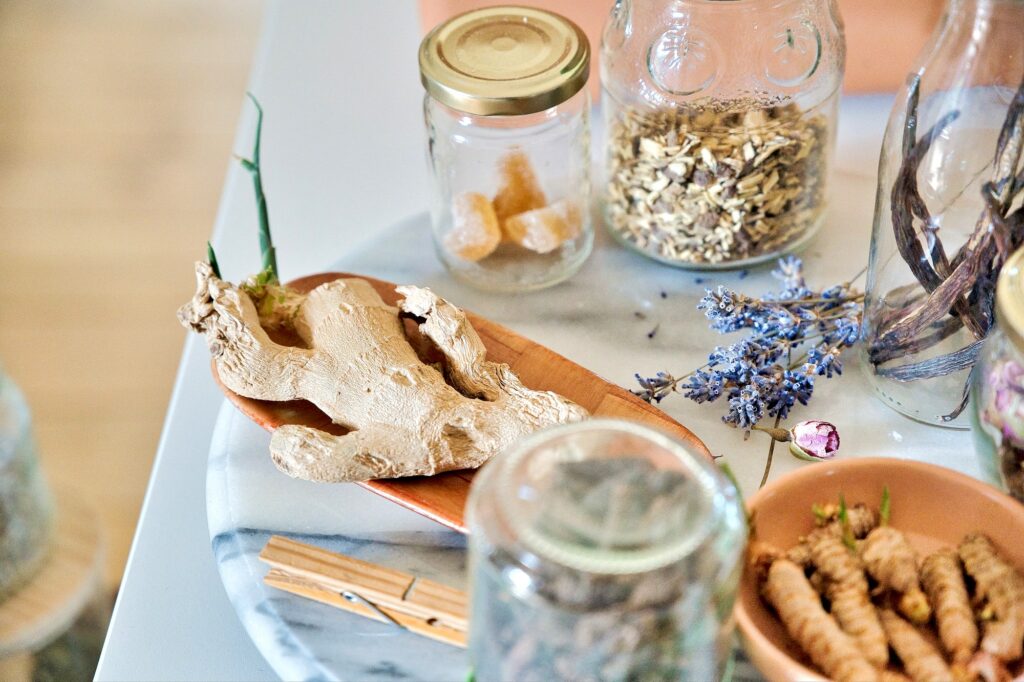Herbs are versatile restaurant essentials. When used properly, they can transform any dish into a quality experience. They are also used to add life to what may sometimes be common recipes. Because preparation is key in restaurants, many ingredients are purchased in bulk to save on time and money. This can often lead to improper storage, especially when it comes to fresh herbs.
Some common factors that spoil herbs are too much exposure to moisture, sunlight, temperature or oxygen. To make sure herbs stay fresh and ready for use, here are key tips and tricks to keep in mind.
Familiarize yourself with the herbs
Determining what type of herb you’re working with is essential in storing it safely and successfully. Herbs are usually categorized in two: soft and hard. Soft herbs are leafy and supple while the stems are tender and flexible. Examples include parsley, cilantro, mint, and basil. Hard herbs are those with firmer leaves and wood-like stems such as rosemary, thyme, and oregano. Knowing the distinctions between the two will help in determining the storing method to get that perfect balance of light and oxygen exposure, temperature, and moisture level.

Wash with cold water and dry before storing
Aside from ensuring they are free from grime and dirt (especially those that come straight from the farm), washing herbs will guarantee that decay-causing bacteria is eliminated early on.
Always use cold water when washing. You can rinse them under running water but for a deeper clean, soak them in a deep bowl of cold water until the dirt settles to the bottom. From there, you can gather them by hand to prevent dirt from washing over again when you tip the bowl over. Repeat this process until they are free of dirt.
Once clean, spread the herbs out on a clean towel to dry. You can also use a salad spinner for a faster drying process. Make sure not to leave them out for too long because it can wilt or completely dry out.
Avoid single-use plastic storage
If many businesses’ attitudes toward food waste is anything to go by, eliminating single-use plastic is a crucial aspect of your storing strategy. Plastic packaging can usually leech off chemicals into your herbs, making them taste or go bad quicker. Invest in glass bottles and jars to properly house delicate herbs. Transparent glass containers will help them get some sun exposure while also providing an airtight environment that will slow down wilting.

Treat soft herbs like bouquets
Soft herbs like parsley, cilantro, dill, basil, and mint require upkeep similar to flowers. Fill your jar or glass with cool water, trim the ends of stems at an angle, and place the bunch inside. Don’t forget to change the water every couple of days or when you start to see discoloration to keep them fresh and clean.
Basil is usually kept uncovered at room temperature because too much cold will turn its leaves black but for others, store them in the refrigerator, loosely covered by a lid to retain moisture in the cool but dry environment and to keep too much oxygen from browning the leaves.
Keep hard herbs crisp
Instead of sticking them in a glass of water, hard herbs only need to be kept slightly damp to keep them crisp. Wrap your bundles loosely in a moist paper towel, then place them in an airtight container and store in your refrigerator’s crisper. The towel will ensure that the herbs are moist enough not to dry out completely while the airtight container keeps oxygen out.
Use whole herbs only as needed
Whole herbs are a great deal in terms of money and flavor payoff, however, it’s critical you don’t let that money go to waste by storing them correctly. Before storing, make sure they are completely dry from washing. Storage containers have to be airtight and dark-colored to prevent unnecessary exposure to oxygen and sunlight. You can place them in your refrigerator, not necessarily in the crisper, as long as it is cool and dry. From there, take the herbs out and grind or cut them as needed—this helps to retain the fresh and strong flavor with every use.





